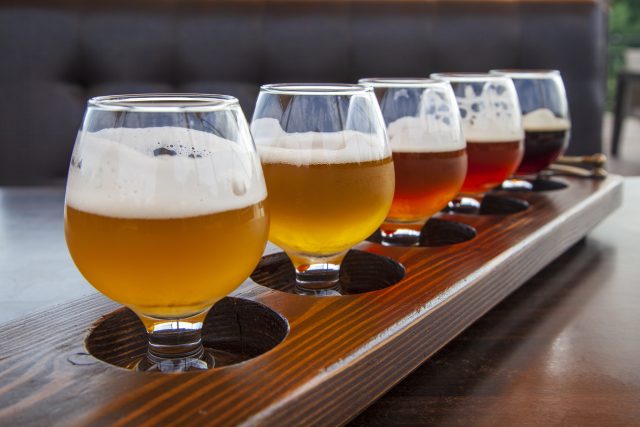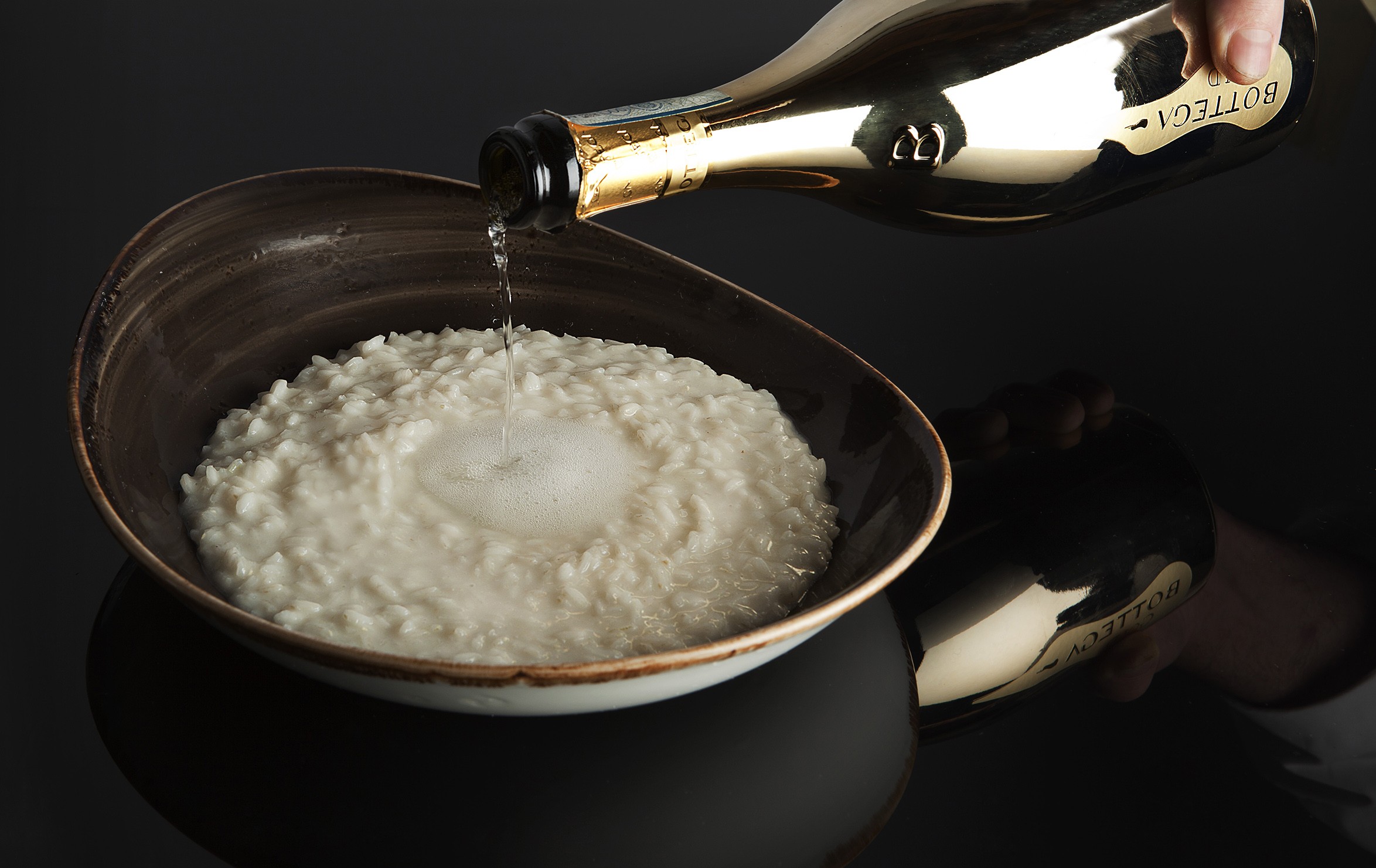Lager is ‘safe option’ for British drinkers
Lager is seen as ‘the safe option’ for British drinkers because the beer sector “fails to communicate its huge range of aromas, colours and flavours in consumer friendly language”, according to report findings.

Speaking exclusively to the drinks business, Dea Latis co-founder, report editor and beer sommelier Annabel Smith said: “Lager is the default choice of beer for both men and women, undoubtedly because of its accessibility, availability and familiarity. Anecdotally, many women say that they don’t like beer, but they love lager, suggesting there is some confusion about what beer is.”
She explained that in the recent Gender Pint Gap: Revisited report, women’s collective Dea Latis asked all respondents in the survey to name their favourite style of beer and “28% of women responded “Don’t Know” to this question, compared to only 9% of men,” which she said led the group to question: “Could there be a big education piece which the beer industry is failing to meet?”
Creating spaces
Smith highlighted that one of the actions Dea Latis put into its manifesto at the end of the report was about “creating spaces, events, or a culture where women could have access to clear information about beer and experiment tasting different beer styles”.
She lamented that there was an “assumption within the trade that people will automatically know what a style of beer tastes like”.
“Go into many bars and grocery aisles and the beers display the brand name, the style of beer, the ABV, and the price,” she explained, “it’s a really confusing space – for both men and women who just don’t ‘get it’”.
Partner Content
Safe option
She insisted that there “just isn’t enough to entice women to choose beer” and it was therefore “no surprise that so many people default to lager, the safe option.”
To tackle this, Smith suggested that “a really simple solution would be to align flavours to other categories: for example, if you like the botanicals in gin, you’d like the flavours in IPA; if you like coffee or chocolate, you’d like silky porters and creamy stouts; if you like fruit cider, you’ll love sours and fruit lambics.”
Smith added that the beer sector should look to spirits to see how it can be successfully marketed.
She said: “Think of how we describe cocktails: the Mojito, Margarita, Long Island Iced Tea, Daiquiri: all have their key ingredients and flavours explicitly described. Try to imagine how successful this could be if beer was positioned in these terms,” she added
“We would use terms like grapefruit, caramel, mango, nutty, marmalade, chocolate, and so on. Beer tends to fail to communicate its huge range of aromas, colours and flavours in consumer friendly language.
“Wine has navigated this education piece really successfully, with clear concise information on packaging, recommended food pairings, and suppliers providing education and qualifications for retailers. Has the same pathway been created for beer?”
Related news
Northern Monk to raffle 15 litre Nebuchadnezzar of imperial stout




